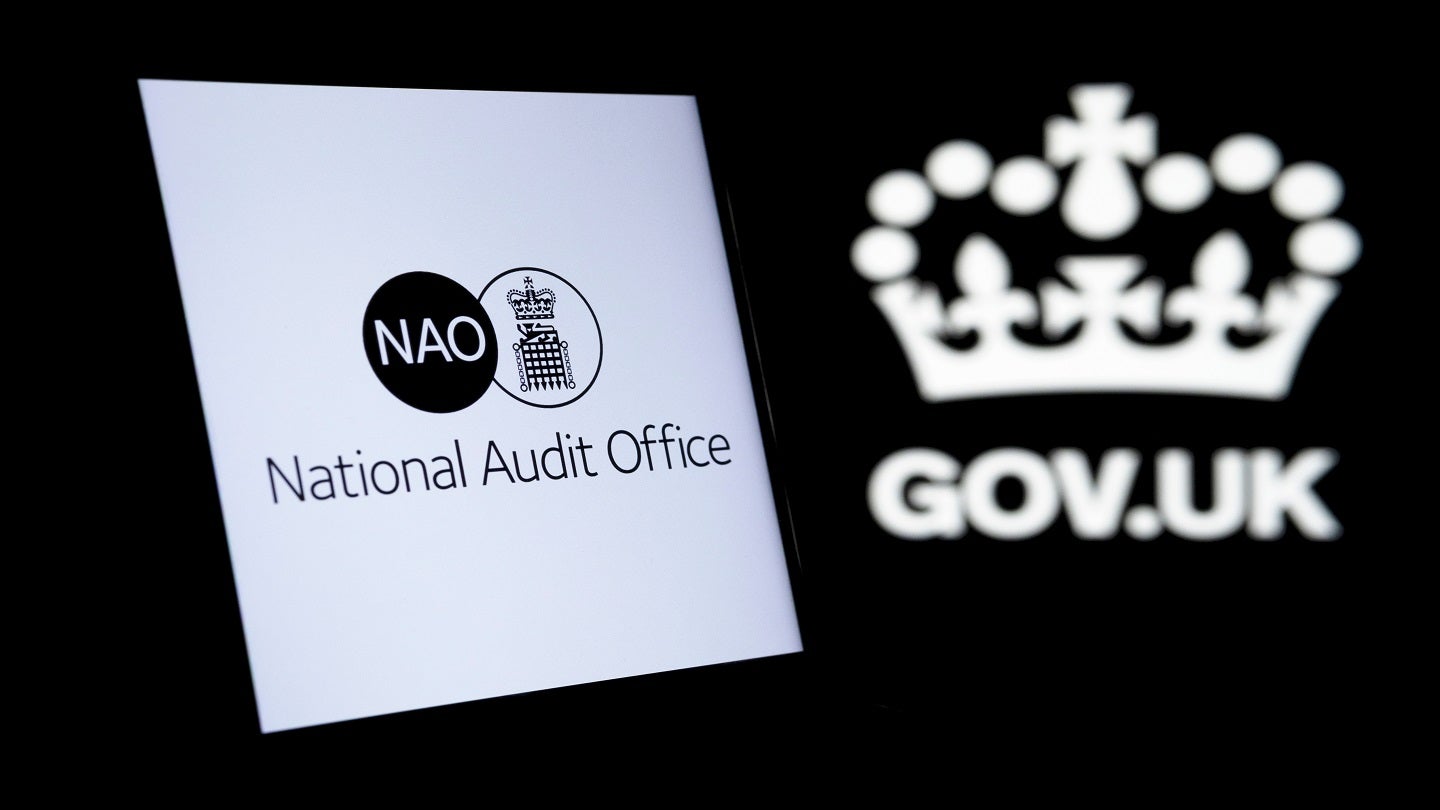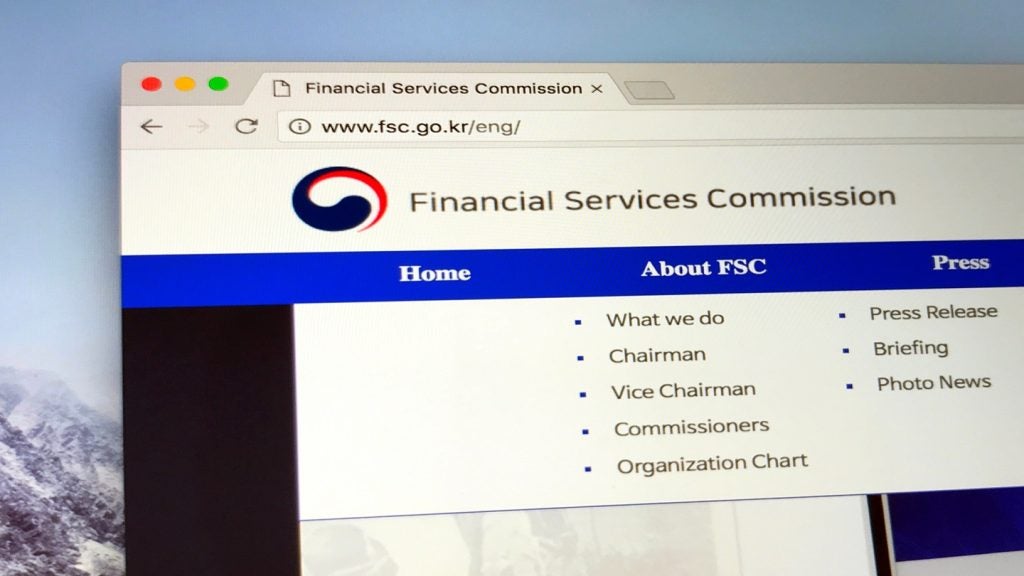
A recent report from the UK National Audit Office (NAO) has revealed that the Cabinet Office’s agreement with MyCSP, the administrator of the Civil Service Pension Scheme (CSPS), has not sufficiently tackled performance shortcomings.
The findings show a notable increase in complaints from scheme participants, rising from 3,335 in 2016/17 to 4,780 in 2024/25.

Access deeper industry intelligence
Experience unmatched clarity with a single platform that combines unique data, AI, and human expertise.
As of March 2024, the CSPS caters to 1.7 million individuals, including both current and former civil servants.
The total obligation for future pension benefits is estimated at £189bn, highlighting the critical need for effective management and customer service.
The Cabinet Office is responsible for overseeing scheme policy, while MyCSP manages the scheme under a contract worth £238m since 2016.
This agreement includes 15 essential service levels, which can incur financial penalties for MyCSP if not met, particularly concerning the timely disbursement of death benefits.

US Tariffs are shifting - will you react or anticipate?
Don’t let policy changes catch you off guard. Stay proactive with real-time data and expert analysis.
By GlobalDataAlthough MyCSP reported that it achieved at least 87% of its key service levels each month, it encountered difficulties in 2024.
The inability to provide timely retirement quotes and initial pension payments led to an anticipated financial penalty of £228,538 from the Cabinet Office.
In June 2022, the Cabinet Office imposed a fine of £19,355 on MyCSP for delays in processing retirement lump sum payments.
However, since the contract began in 2012, no additional financial penalties have been enforced, raising questions about accountability.
The performance of MyCSP’s contact centre has deteriorated over the past two years, with only 43% of calls answered within 30 seconds at best.
In November 2024, the average wait time for calls reached 24 minutes, but this issue does not incur a financial penalty, limiting the Cabinet Office’s ability to enforce improvements.
The Cabinet Office is also responsible for implementing a remedy programme following a 2018 Court of Appeal ruling.
This ruling determined that the government’s 2015 modifications to public sector schemes were discriminatory based on age, complicating MyCSP’s administrative duties.
By the conclusion of 2024-25, the Cabinet Office had allocated an additional £31.7m for approximately one hundred MyCSP staff and contractors to manage the remedy programme. This funding represents around 20% of MyCSP’s total workforce.
In 2023, the Cabinet Office awarded Capita a new contract to assume the administration of the Scheme from December 2025, valued at £239m over seven years.
This contract includes an option for a three-year extension and is projected to generate savings of £83m compared to the existing MyCSP agreement.
However, Capita has failed to meet three key milestones during the transition process, leading the Cabinet Office to withhold £9.6m in transition payments.
These delays have resulted in a phased rollout arrangement with Capita, with enhanced functionality not expected until March 2026.
While the Cabinet Office anticipates savings through innovation and automation under Capita’s management, an improvement plan has yet to be submitted.
Furthermore, there are currently no established milestones for innovation or digitalisation that Capita is required to meet, raising additional concerns about future performance.
NAO head Gareth Davies said: “Cabinet Office must reflect on the lessons learnt from MyCSP’s administration of the scheme, ensuring key performance indicators are monitored and enforced, and that important service improvements are introduced by Capita.”






